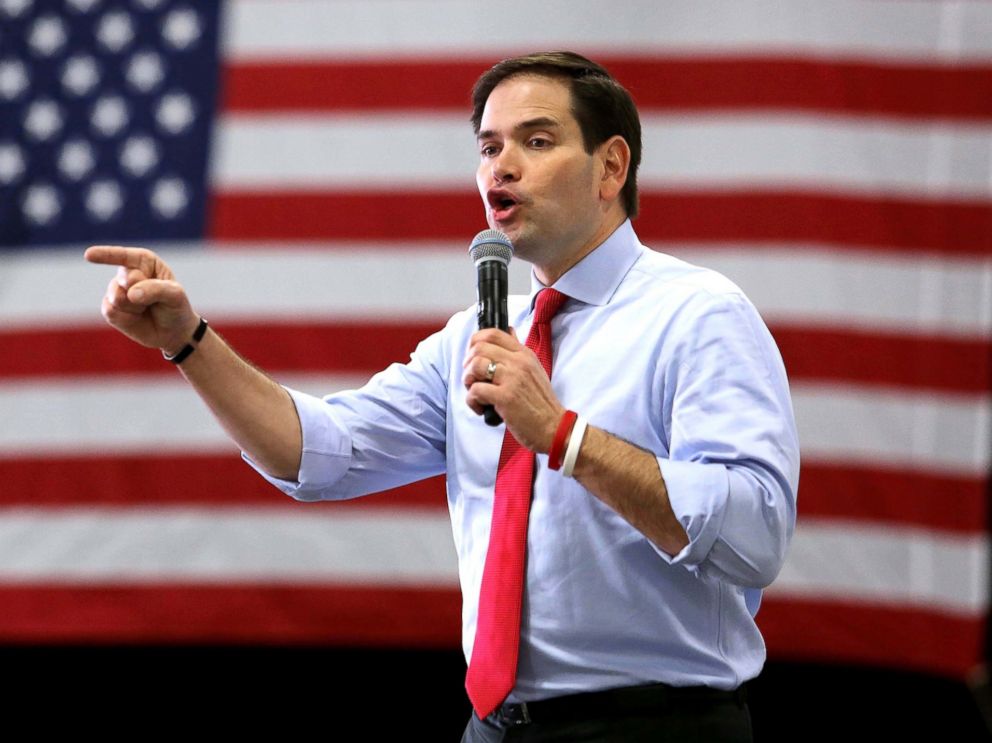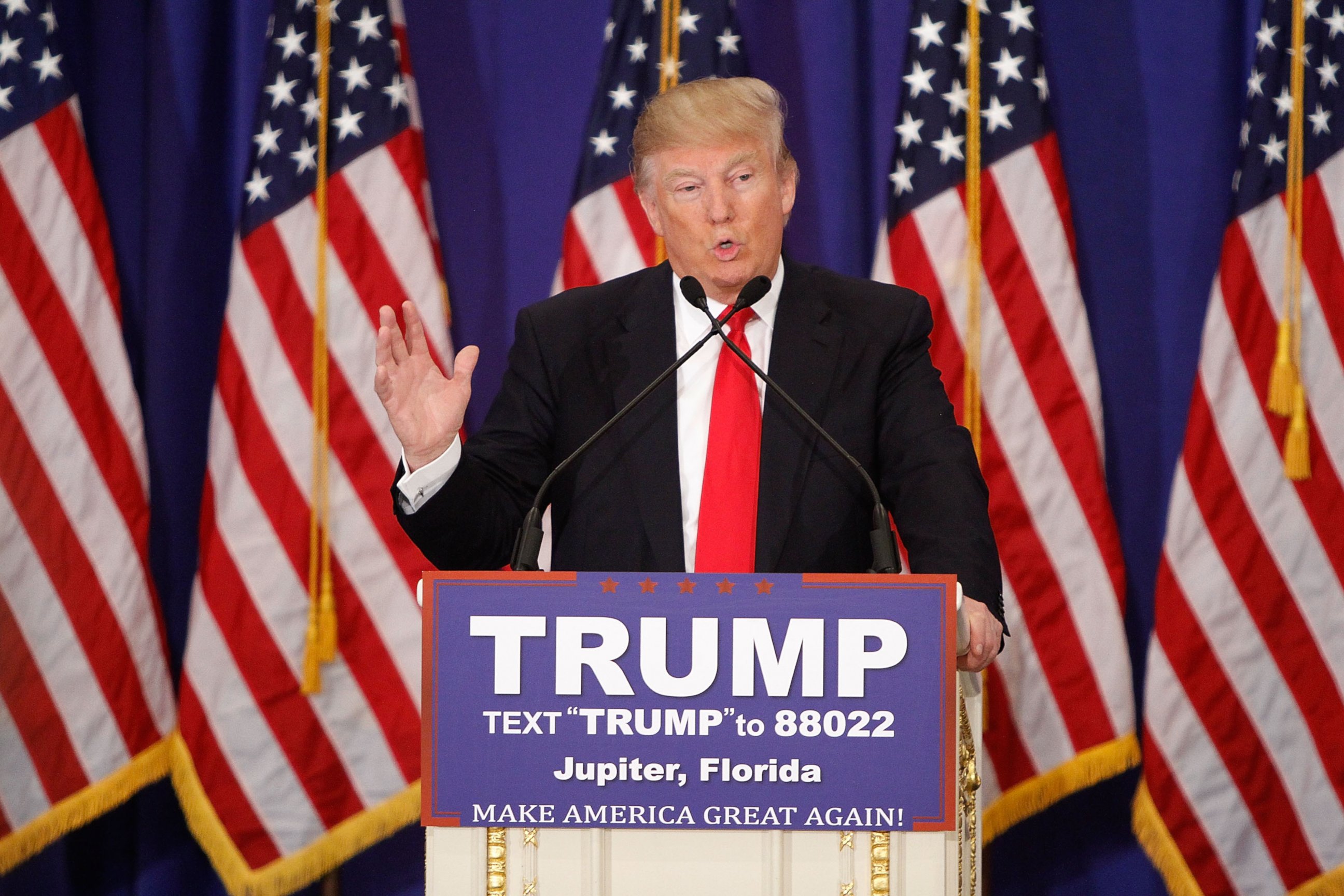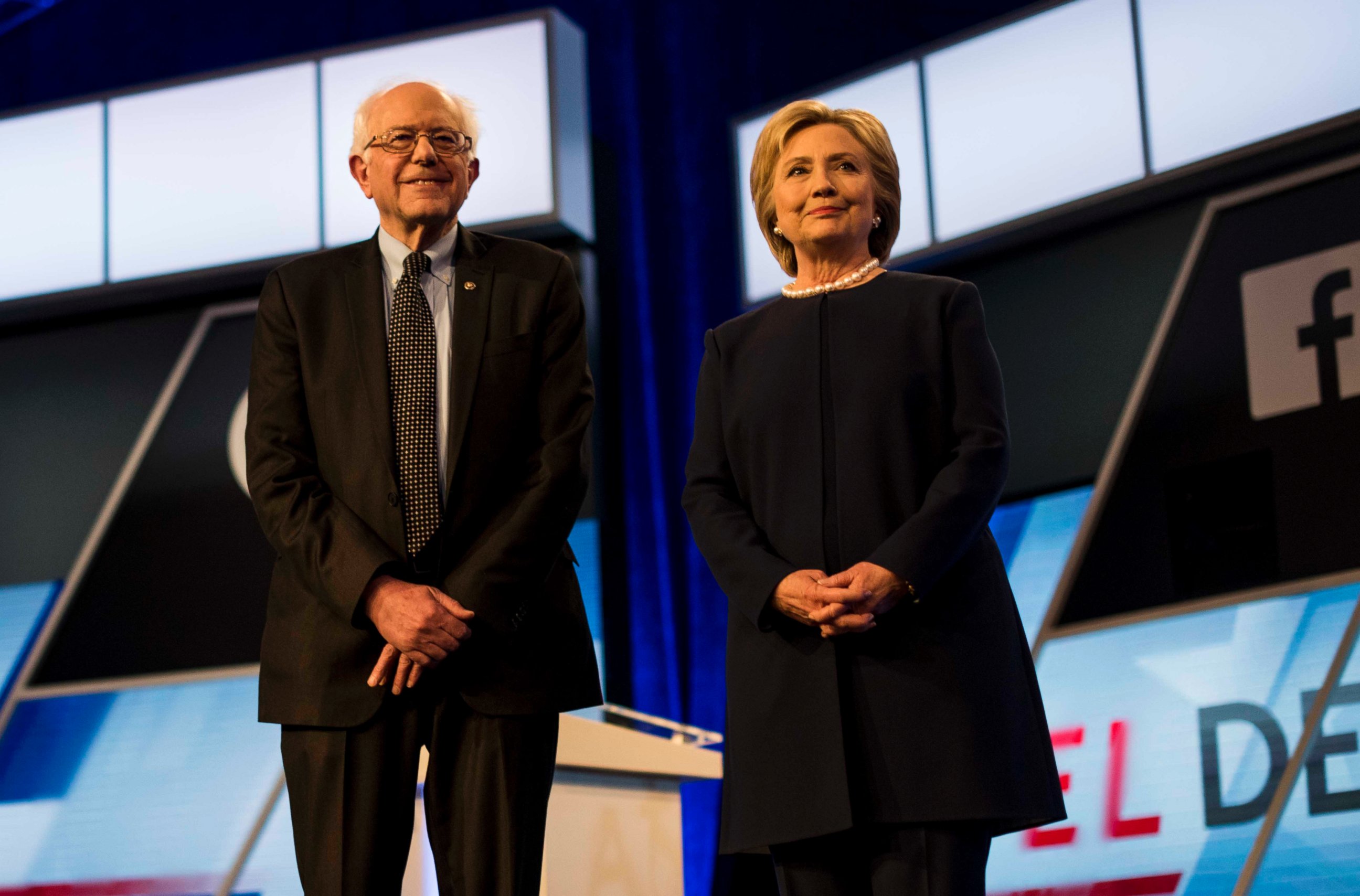Why Florida’s Primary Could Change the Presidential Race
Here are three reasons.
— -- All eyes are on Florida’s primary next Tuesday. The winner takes all of the Sunshine State's 99 delegates and the outcome could possibly spell the end for certain GOP candidates.
Tuesday is Florida Sen. Marco Rubio’s last attempt to salvage his faltering campaign and it could also be the Republican Party's last chance to stop front-runner Donald Trump from securing the necessary number of delegates to take the nomination.
Importance of a "Winner Take All" State
For Republicans, the 99 delegates up for grabs will go to one of the four remaining candidates. For Democrats, the state’s 214 pledged delegates (excluding superdelegates) are awarded proportionally, meaning that both Hillary Clinton and Bernie Sanders will come away with some delegates.
That’s good news for Sanders. The latest Quinnipiac poll released Wednesday has him trailing Clinton by 30 points.
The race is just slightly tighter for the Republicans and appears to be a battle between Trump and Rubio. Trump leads Rubio by 16 points in the Quinnipiac poll.
"It’s a make or break state for Marco Rubio," said Michael McDonald, an associate professor of political science at the University of Florida.

Battle of the "Native" Sons
From the outset of the election, Florida was largely seen as a contest between the state’s two politicians that were running for president: former Gov. Jeb Bush and Rubio.
"Within the Republican Party, I think there was a lot of hope that either a candidate like Jeb Bush or Marco Rubio would have won the state," McDonald said.
Now that Bush has suspended his campaign, he’s hoping his endorsement will bolster the campaigns of one of his former rivals (Bush is meeting with Rubio, Ted Cruz and John Kasich ahead of tonight’s debate in Miami. Bush is reportedly not meeting with Trump).
The "native son" badge is one that Trump has been trying to secure for himself. Even though Trump was born in Queens and has lived in New York throughout his life, he has been quick to point out that he has sizable property holdings in Florida and has even called his private residence-turned-club Mar-a-Lago his second home.
"I happen to love Florida, in all fairness," Trump said at an event in Orlando last week. "Truly, truly, my second home. I'm here all the time, as you know."

Spending Serious Money
The non-Trump groups have clearly done the delegate math as well. The real estate mogul’s campaign has been outspent by at least two to one in Florida.
Three anti-Trump groups – American Future Fund, Our Principles PAC and Club for Growth – spent a total of $4,056,246 in Florida, according to an ABC News analysis of data from CMAG/Kantar Media.
By comparison, Trump’s campaign has spent $1,988,920, which equals 49 percent of the other groups’ collective spending.
For her part, Clinton has been responsible for more than a third of all Democratic spending in Florida. CMAG/Kantar Media reports that she has spent $81,401 in the state, which amounts to 35 percent of all the funds spent by Democrats there.
Long Voting Period and Big Turnout
Even though the primary does not take place until March 15, a number of polling places are currently open, allowing residents to cast their votes early.
Voting technically started in early March, a spokesperson for the Pasco County supervisor of elections confirmed. Mass mailings of ballots were sent out on Feb. 9 to Florida residents.

And Republicans have been voting early. The Florida Department of State said this morning that 282,076 Republicans have already voted in person compared to 210,398 for Democrats.
The number of early absentee votes submitted is more than double: 575,104 for Republicans and 437,080 for Democrats.
"What we're seeing so far...it doesn’t appear as though Hispanics are voting in high rates as other groups within the state," McDonald said of the data accumulated from the early ballot submissions.
"There’s still an opportunity to turn that around on Election Day, but it may be suggestive of Marco Rubio’s appeal to Hispanics," he said.




